Getting Clearer: Schooling Loss, Not Learning Loss

The narrative of “learning loss” is weaponizing static achievement against young people and families in ways that further harms them in a time of global pandemic and disarray. Instead of falling back on the nostalgia of an outdated and mechanized education system, we must push forward into the global shift of our human existence and post-pandemic learning needs and opportunities. As we design teaching and learning now, and in the future, it is best we recycle the good mineral components of the previous education machine and build new resources for teaching and learning that serves the needs of all of our futures.
Students are experiencing school loss and peer interaction loss, not learning loss. Our students are learning every, single day. They are learning deeply, personally, and significantly about many things. What they are not doing is schooling. There is a narrative in America that assumes schooling is learning. It is not. There are stories being told right now assuming that since students are not schooling in the ways they did before the pandemic, they are losing access and they are “behind”. Behind what? Behind the content and measurement of the set of students that navigated schooling at that grade/level before them? That is true, and it is also true, that now our students are not journeying on the same path set by soft metrics derived from a perceived average student as that set of students were. None of our students are there anymore. We are off the machine belt and we are on a shifted ground.
There is no schooling based learner in this pandemic time, moving forward without the impact of the pandemic. There is no child behind now, that wasn’t behind before. Students in exceptional circumstances and/or wealth are continuing in those circumstances, and students marginalized by systems of oppression and inequity are continuing in those circumstances. The concept of leveled competition, or ”meritocracy”, showcasing the ability to succeed in an education system like everyone else, was exposed in a new way through this pandemic as false and harmful. We see it clearer now. We see it through a different lens. We name it in pandemic terminologies like digital inequity, or lack of internet and technology access, or learning loss.
Students have been prohibited from accessing meaningful content and learning experiences well before pandemic schooling circumstances. Students are not failing more now than they were before. The system is failing more now than it did in the past. The controls of location and delusional thinking that students at school, in buildings, sitting in classrooms means that they are learning has been unable to translate to remote instruction. The static outcomes for what we learned in schooling a year ago, no longer apply. Our human ecosystem has shifted. We will never be back to what was; we are all changed. We must let go of standardization and turn towards personalization and actualization. Our ability to do this well will be a turning point as the entire world shifts into a new way of being, post-pandemic.
The pandemic is a portal for the opportunity and not a setback. Our children are experiencing continuous learning. They aren’t necessarily learning what we measured in the schooling of the past. They aren’t predetermined content, formulaic, rote, memorized, or skilled question analysis and multiple-choice selections types of learning. It is agile time learning. Learning in constraints. Learning in family and local communities. Learning about the human condition. Learning about their own human condition. They are learning in relationship with digital resources. It is the responsibility of those of us in post-pandemic learning communities to welcome in our students and get to know each other again. We need to listen to our families and communities and establish our steps together as we continue forward in our learning journey.
Renew Your Learning Community and Learning Outcomes
As school and district communities prepare for the next school year and beyond, keep in mind you are not returning to school. Prioritize these steps:
- Rebuild and renew “schooling” with families and community partners.
- Ensure you take time to know your students, as they are in the present, not what they were in the past. Investigate all the ways your learning community has grown. Invite students and families to share with you all that they learned while in remote schooling and pandemic circumstances.
- Prioritize time for teaching communities to re-engage with each other and reflect on their transformed teacher identities, abilities, and priorities for the facilitation of learning.
- Invite ideas for the best ways to design student learning differentiation, course and content modifications, and personalization strategies.
- Expand options for students to personalize their learning through competency-based pathways, performance assessments, and individualized learning resources.
- Continue to build on the capacity of asynchronous learning experiences, a digital resource, and a learning management system organization.
- Let go of Monday-Friday seat time and create options for a meaningful time in learning communities. Work with community partners as learning places and establish partnerships for child care flexibility to accommodate families with more fluid, intentional in-person learning schedules.
- Look towards shifts in post-secondary education and workplaces to revise/refine graduate outcomes, content, and experiential priorities.
For more, see:
- Making a Difference: Education for Refugees
- How Portable Learning Records Will Unlock Education and Employment Opportunities
Stay in-the-know with innovations in learning by signing up for the weekly Smart Update.
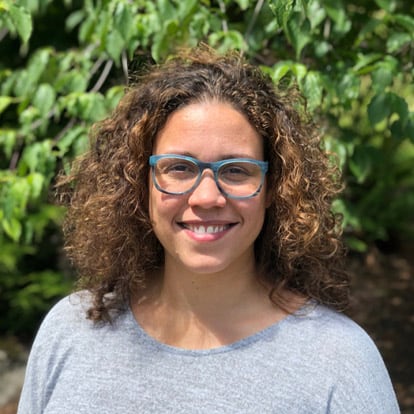
Kelly Niccolls
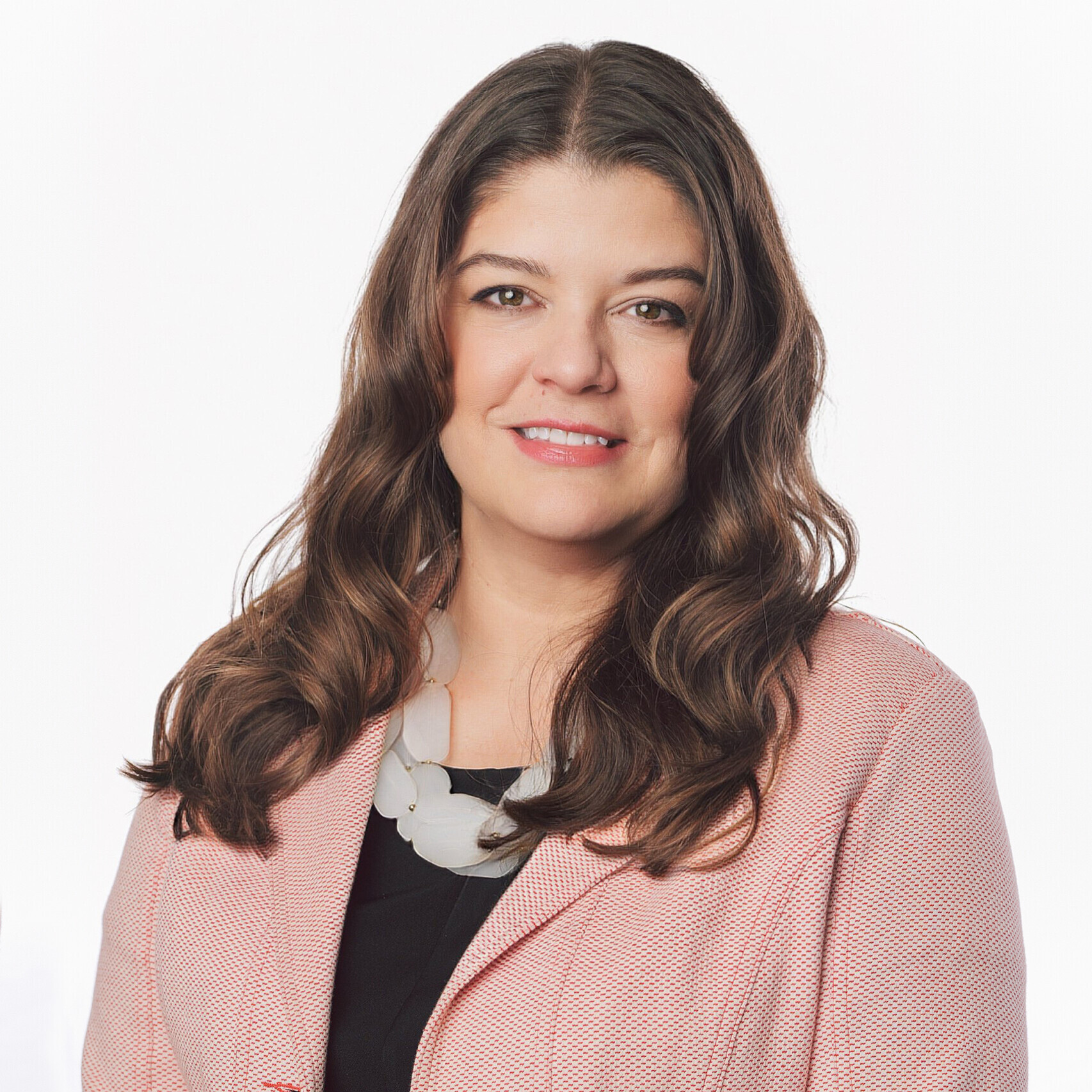


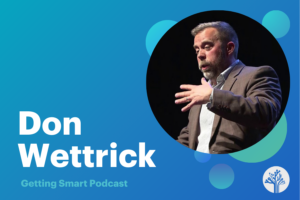
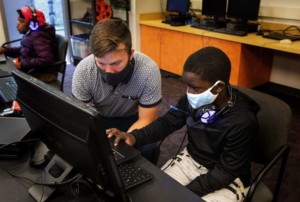
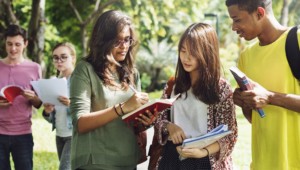

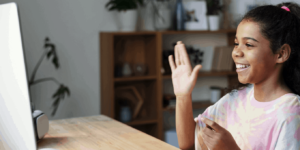
Mary Schlueter
Unfortunately, when public high school educators state that COVID’s impact of remote or blended learning has allowed them to only teach 40% of an AP curriculum and a passing grade demands that 100% of the content be taught, one definitely can state that “learning loss” has occurred. I believe it’s a fallacy that you are promoting indicating students are always learning something — but is it useful? When established curricula aren’t being followed, and achievement tests are based on content alignment, all students , especially those in poor socioeconomic conditions, will lose any type of hope that they can compete with other students who are learning effectively and on schedule, especially on ACT/SAT and AP tests. Moreover, they are missing out on merit-based scholarships and college credits. Your argument is facile, and it allows School Boards intent on keeping poor kids remote, an easy excuse for continued and irrefutable learning loss.
Mary Welsh Schlueter
CEO,
CaseLAB/Partnership for Innovation in Education
Replies
Jeff Petty
Hi Mary,
Respectfully, I could hardly disagree more with your point above, both from my experience as an AP student and as a teacher and principal. I would refer you to the Lawrenceville study referenced in Ted Dintersmith's film 'Most Likely to Succeed,' suggesting that kids retain very little of the core content of their academic classes, even a short time after completing them with high grades. What's useful about school, in spite of the "established curricula," which are of marginal relevance to many students, is the extent to which it helps you learn how to learn. As the authors point out, this can happen in all sorts of places other than school. Sadly to me, our prevailing school structures prioritize accountability over curiosity, incentivizing the accumulation of credits and grades over authentic learning experiences. Your post also reminds me of Chris Emdin's comment that "in the midst of the dissension about online learning, some children are having the best learning experiences they have ever had. For some, the school building was a site of trauma. Not having to return to the place that implanted a lack of value for self is a small victory."
Jeff Petty, Principal
Highline Big Picture School
L
Exactly! Could NOT have said it better than the two posts above! Our student was in school & learning zilch! Testing was worthless & staff barely used it to prepare any response! They never adjusted her learning plans & they stuck ONLY to recoupment (1/2 of this test!) test of ALL BREAKS vs legal laws! NEVER did they look at her levels, amount of learning loss overall & in relation to peers, nor EVER did they look at her potential & rate of recoupment! They have denied ALL summer courses & say their program is ONLY allowable for kids flunking courses. You guessed it, they NEVER allow her to get lower than an overall C grade & consistently give her “participation” grades for sitting in her seat daily! So those A grades mean her C or F on Tests and HW end up she still PASSES! So, as described above she IS LEARNING LOSS! All curriculum is above her 5 plus grades behind peers & her COMPLETE inability to approach HS transitions! She is in the group of students at “the moment” that when learning STOPS or staff sucks or pandemic hits it is devastating to her! Her trying to lessen the gap to her peers is going at a rapid downhill slide daily! That our district thinks is actually funny! But, strangely for info here...the other students have a group of SOME that have slowed or stopped learning during Covid! That is the ONLY kids this article comes close to covering, the kids who are kinda getting some of the curriculum. All of this is NOT FAPE nor as this stated NHS, scholarships, awards, grants, all the recognition or money students who work their behinds off deserve! Same as all students 2019 and thru 2022 & ongoing years too! This IS/WAS an excuse for paying staff out of buildings & TESTING kids for state laws and money paths! Our nation needs to redo education! This sucks!